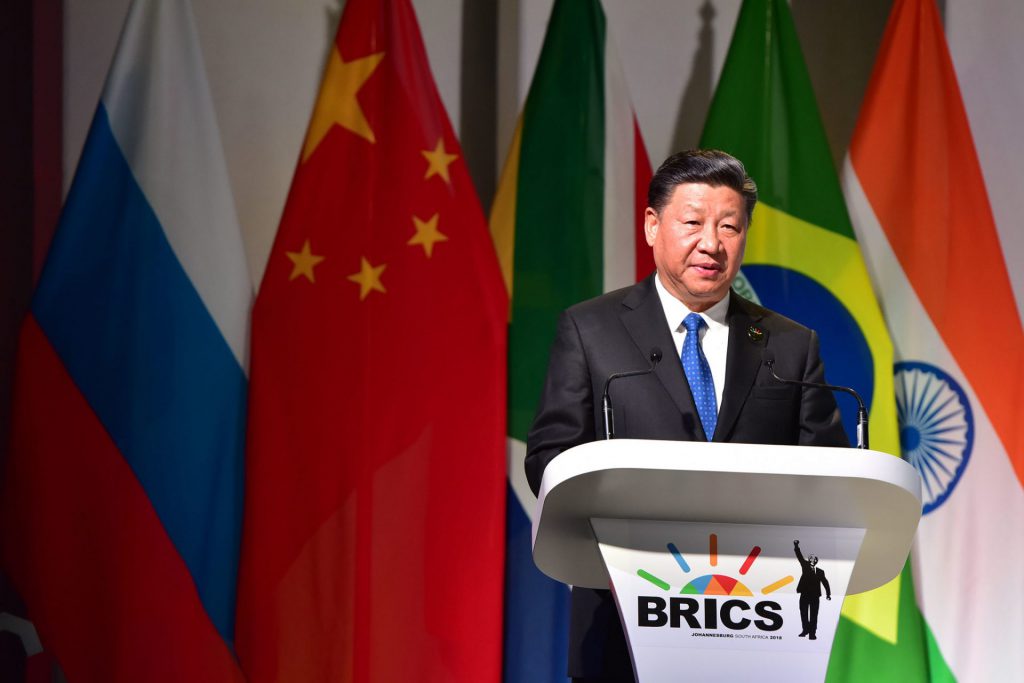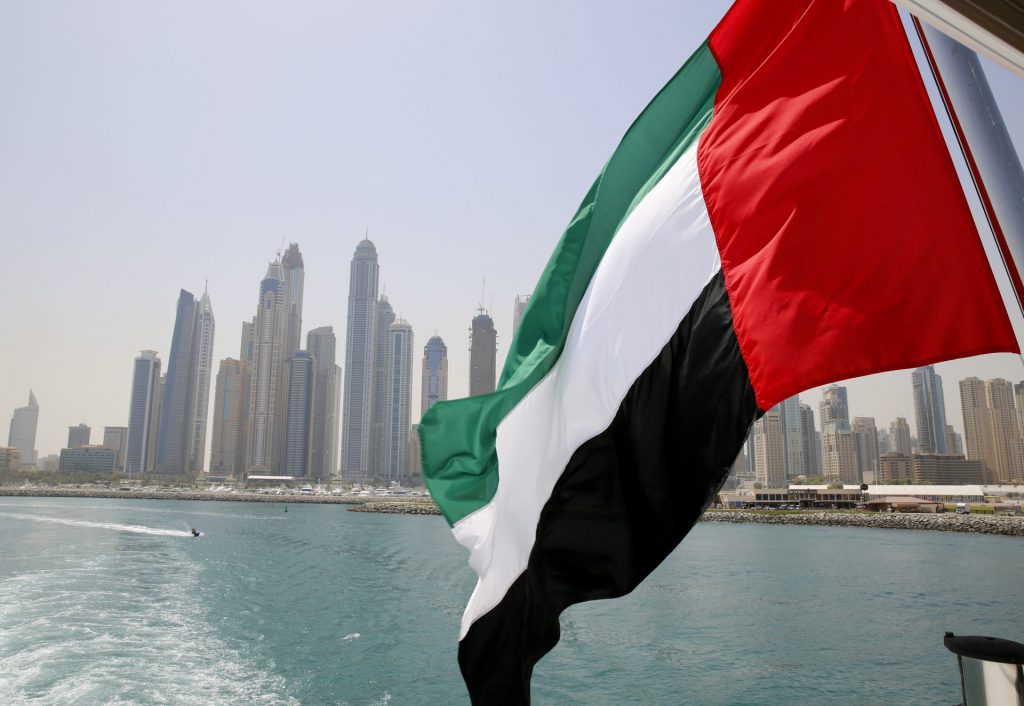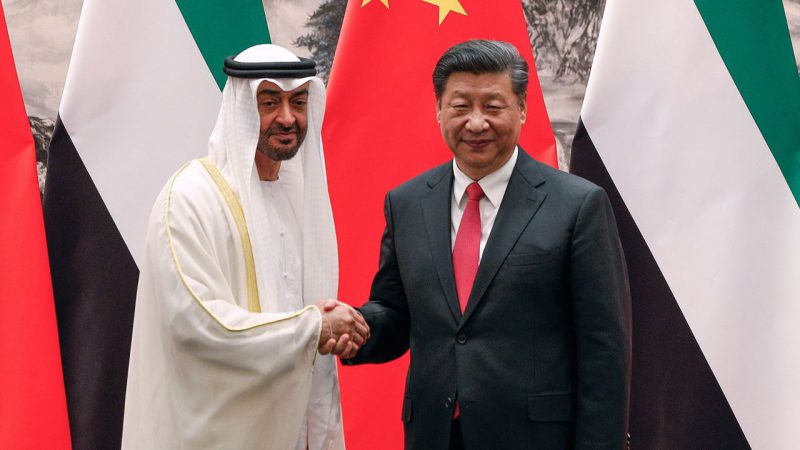Following its accepted invitation to join the BRICS, the United Arab Emirates (UAE) is reportedly seeking increased trade with China to become a “global player.” Specifically, both nations are poised to expand their cooperation through bilateral investments and cooperation to grow their presence in the Pacific Islands and Africa.
Moreover, the report notes that trade cooperation between both countries will likely be done in the Chinese yuan. Subsequently, it will allow the Middle Eastern countries to grant China a gateway of influence into the region. Ultimately, it should continue to shift the global power balance away from Western dominance.


Also Read: BRICS Confirms Another 6-Country Expansion in 2024
UAE Seeking to Become a “Global Player” Through China’s Investment
Throughout the year, the increased prevalence of the BRICS alliance has been a massive geopolitical development. Indeed, the bloc has seen its de-dollarization plans begin to take hold on a global level. Moreover, it enacted its very first expansion plan during its 2023 annual summit.
Now, one of the nations included in that expansion is seeking to increase its global reputation. Specifically, the BRICS members of the UAE and China are seeking increased bilateral trade in local currencies. Moreover, the former is seeking to increase its role globally through such investments.


Also Read: BRICS: US Dollar Reserves Fall 6.5% But Local Currencies Rise 3.65%
The UAE was one of five countries set to join the economic alliance at the turn of the year. Specifically, it is poised to join Saudi Arabia, Iran, Egypt, and Ethiopia as the newest BRICS members. Together, they are set to join forces to increase their presence in African nations. All the while, the UAE is set to grow its overall use of the yuan.
If an increase in local currency use was to come out of increased cooperation, it would certainly aid the bloc’s overall mission. Since the start of the year, the economy has not been shy about its de-dollarization hopes. Therefore, it would bring them closer to the multipolarity that they have consistently sought.





